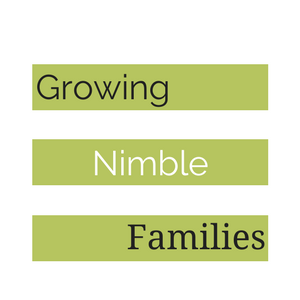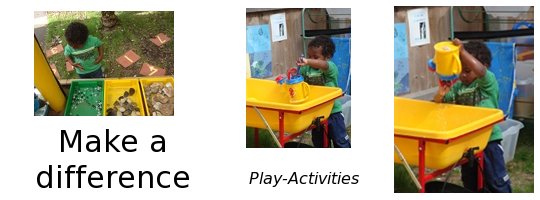The Effective Pre-school, Primary and Secondary Education project has been following 3,000 children between the ages of three and 14 since 1996 to try to discover what factors lead to success.
While the report talks about preschool learning environments it also highlights HLE, the home learning environment. It’s important to note one of the findings from the study is how much of an influence we are on our children’s learning regardless of background, class or social standing.
This study and its many outcomes underlined yet again the need for each of us to have a plan, albeit fluid, for our families when it comes to raising our children. Whatever circumstance you find yourself in we need to do more than pay lip service to what we do with our children. Less whatever and more focus.
It’s not about spending lots of money but using what you’ve got creatively including social networks, spaces and facilities. It’s not about they should be homeschooled or should be in preschool but what will work best for our family and our child(ren). It’s not about is my child better than your child but are they developing typically and what type of support is best for them
Most importantly, this journey will go down blind alleys.It’s not the end. We just need a different direction.
5 things from the report
The duration of attendance [of preschool] is important with longer duration being linked to better intellectual development and improved independence, concentration and sociability.
Full-time attendance led to no better gains for children than part-time.
Children who had longer hours (greater than 2,000) in group care under the age of two years had higher levels of ‘pro-social’ behaviour but a slightly increased ‘risk’ of ‘anti-social’ behaviour at 5 years old. These effects were most strongly related to extensive group care in the first year of life (see Melhuish, 2010 in Sylva et al., 2010)
The quality of the early years Home Learning Environment (where parents are actively engaged
in learning activities with children) promoted intellectual and social development in all children.What parents do is more important than who they are (Melhuish et al., 2001) pg 5
What can we do?
Start your plan: Conversations with your friends, spouse and family about raising children and start the process of deciding what’s best for your new family or unit.
Read: The 7 Habits of Highly Effective People with a friend or join a book group. Having executable steps and accountability will make your plan more likely to succeed especially in the early difficult days of transition. Also with the framework you feel less like floundering around in a sea of newness.
Seek out people and groups like you and network via playgroups, preschools, mother’s groups, church groups. We need people who build us up, comfort and challenge us to the next step. We need to be that friend to them as we raise our children.
Prepare a family mission statement. Learn about this effective tool and try it.
Keep up with educational ideas, playful activities and beware of shiny new and popular. Always asking the question,’ Is this right for my child?’ Seek other opinions and form your own.
What activity have you done recently with your child? Would love to hear in the comments
If you enjoyed this article, get the Play Activities Newsletter. ( It’s free!)












I love how you took the findings and turned them into an actionable plan. I’ve put of reading Covey’s book. I’m thinking this is the perfect time for it! Thanks for the reminder.
We’ve just started it and we’re loving it. Well worth it as a discussion tool. Thanks for commenting Amber.